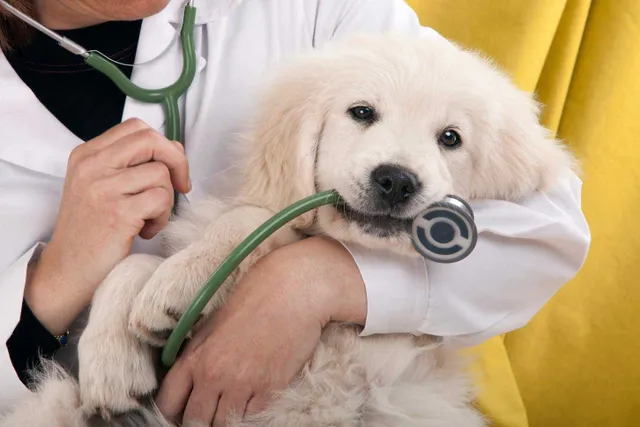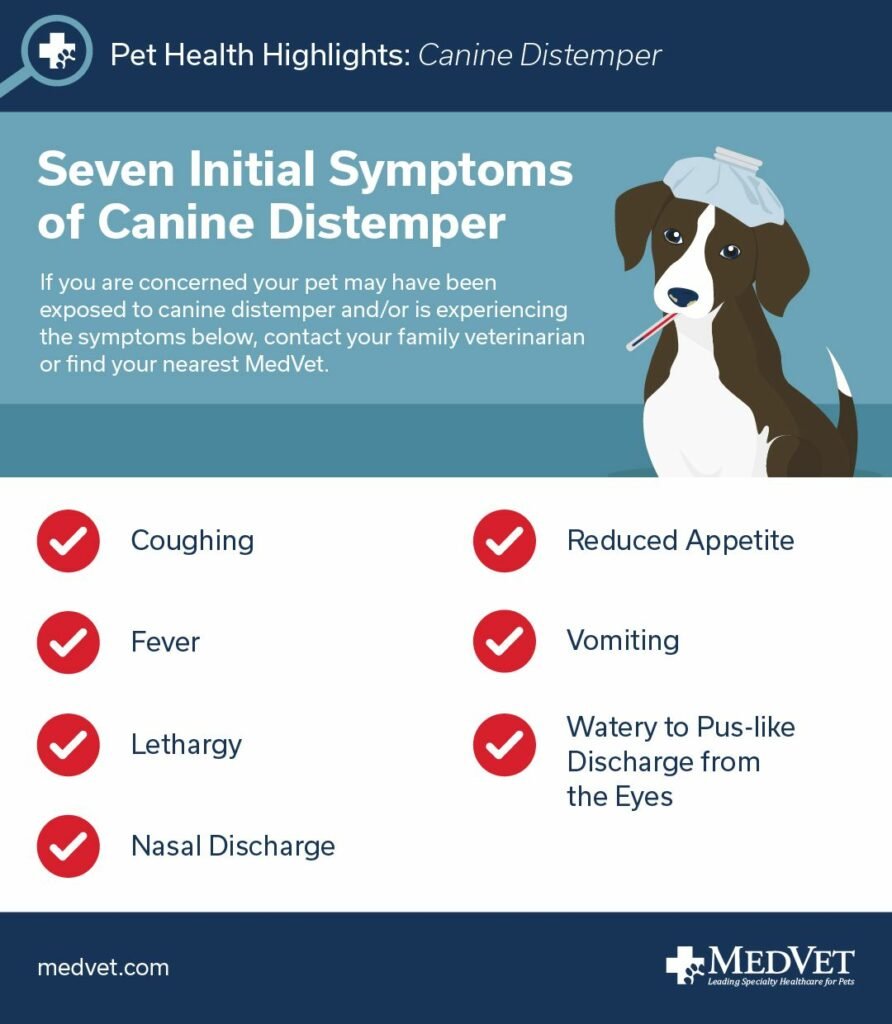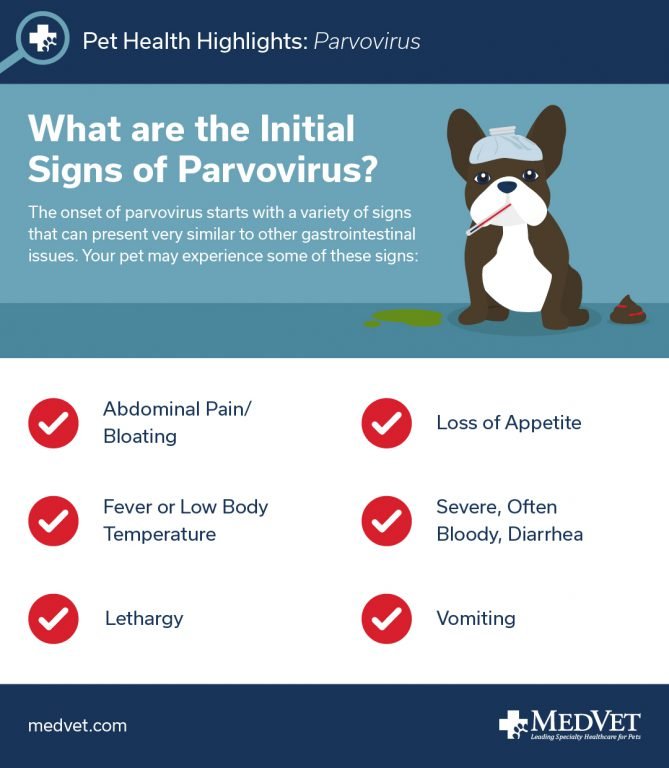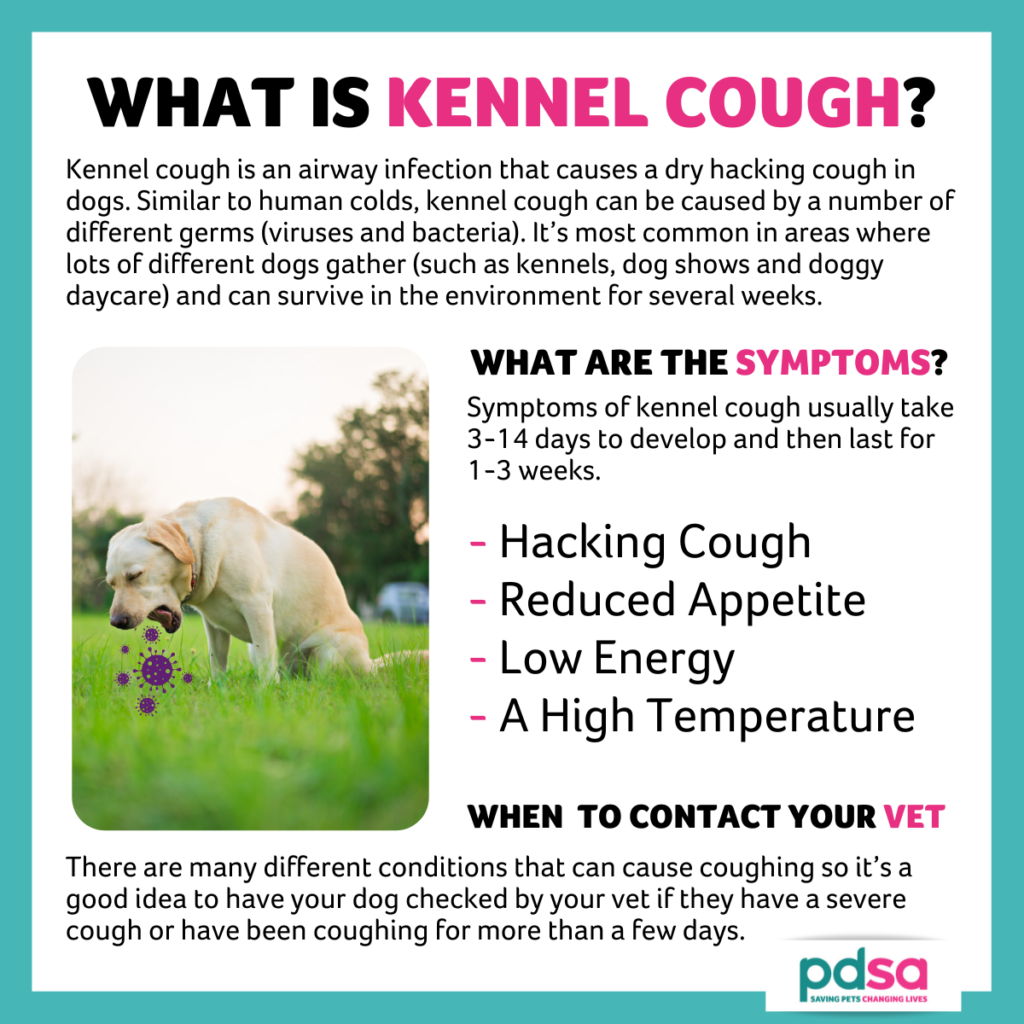Top 10 Puppy Infections You Need To Know

If you’re a new puppy owner, I’m sure you’ve noticed how puppies always seem to lie and sleep around. Consequently, it’s difficult to determine if they’re sick or just recovering energy from playing all day. Unlike humans, puppies can’t verbally communicate their feelings and pain.
Thus, it’s up to you to notice the signs of affection or illness and do something about their sneezes and sniffles that could lead to a serious puppy infection.
Here’s a list of the top 10 puppy infections you should know about to keep your pooch healthy or help your sick puppy recover faster!
Parvovirus
Did you know that 20,000 cases of canine parvovirus (CPV) cases are found in Australia yearly?
It’s true. And tragically, about 50% of these cases result in death. This only shows how deadly parvovirus can be for our puppies. But how exactly does this illness spread and affect dogs?
Parvo is a DNA virus thriving on surfaces and the surroundings for a long time, as it’s mostly resistant to temperature and humidity changes. In short, it’s difficult to kill. It specifically reaches dogs through contaminated faeces and surfaces, making curious puppies even more susceptible.
It interrupts puppies’ dividing cells, eventually affecting the intestines, bone marrow, and heart muscles. Parvo’s symptoms commonly show after 3-7 days of infection, including mainly the following:
- Loss of appetite
- Severe vomiting
- Lethargy
- Abdominal pain
- Bloody diarrhoea
- Increased heart rate and hypothermia (for severe cases)
Although parvo is treatable, it dominates its host rapidly and severely. If you’ve noticed these signs, immediately take your puppy to the nearest veterinary hospital for diagnosis, medication, and fluid support. Otherwise, it could be fatal for your puppy.
Remember, prevention will always be better than cure. Get your puppy vaccinated.
Kennel Cough
Cough. Retch. Cough
Did I just hear my pup cough?
You probably did. Like humans, dogs also experience infectious respiratory diseases, broadly grouped as kennel cough. It’s commonly caused by the viruses para-influenza and canine coronavirus and the bacterium bordetella bronchiseptica.
Kennel cough’s symptoms include the following:
- Dry cough
- Runny nose
- Eye discharges
- Loss of appetite
Although rare, kennel cough could progress to pneumonia if left unattended for a long time. Hence, make sure to bring your puppy to the vet for medications. But even with treatment, the coughing may still last for 7-14 days, so you must keep your dog at home or on a leash to avoid infecting other dogs, especially in parks.
Lastly, kennel cough is pretty much like any infectious disease, there’s a vaccine for it!
Canine Distemper
In Australia, 77% of puppies and unvaccinated dogs with canine distemper virus (CDV) die. If not dead, some are crippled by the disease. That’s how deadly distemper can be. After all, this virus targets three of the most important systems in the body—respiratory, gastrointestinal, and nervous.

Unlike many infectious diseases, canine distemper has no cure for the virus itself. Available treatments are only administered for the prevention of secondary infections and management of the following symptoms:
- Fever
- Lethargy
- Seizures
- Vomiting
- Coughing
- Nasal discharge
Your puppy may contract CDV directly from infected dogs or indirectly from contaminated surfaces, like food bowls. Fortunately, the vaccine for CDV is now widely available in the country. Make sure to take your dog to the vet for regular vaccination.
Leptospirosis
Isn’t this a human disease?
Unfortunately, dogs can also contract leptospirosis too. It’s still caused by Leptospira bacteria and spread through contact with infected urine. But dogs could also get it from consuming contaminated food and water or contacting infected soil.
It’s common symptoms include fever, lethargy, diarrhea, and muscle pain. If you’ve observed these signs, take your pup to the vet since unattended leptospirosis may eventually escalate to liver and kidney diseases.
Cases of the disease have not been found in Sydney since 1976. But 17 dogs have already been diagnosed with canine leptospirosis from 2017 to 2020, indicating that Leptospira vaccination programs must be strengthened and supported more if we don’t want a full comeback of this disease.
Ear Infection
Trying to be cute?
Nope! If you see your puppy scratching its ears and shaking its head non-stop, he’s probably not trying to be cute. Chances are it’s itchy. Ear infections are a common problem among dogs, especially those with long ears and a strong affinity for water.
Specifically, ear infections are commonly caused by fungal growth, foreign objects inside the ear, allergies, and mites. With that, we can say that it’s mostly a hygiene issue. Hence, to avoid dog ear infections, ensure your puppy gets proper grooming and bathing.
Adenovirus
Canine adenoviruses (CAVs), specifically CAV-1, cause infectious canine hepatitis (ICH), which is transmitted through animal-to-animal contact or exposure to infected saliva, excretions, and respiratory secretions. Although significantly less fatal than distemper and parvo, the disease still has a mortality rate of 10-30% and even more with co-infections.
The earliest sign of adenovirus infection is fever, later followed by hyperthermia, indicating the disease’s second peak. From there, your puppy will experience more symptoms, like appetite loss, increased heart rate, hyperventilation, diarrhea, and vomiting.
Like distemper, there is no known cure for the adenovirus, only treatments for managing the symptoms and secondary infections. Hence, vaccination and cleanliness would still be the best solution to prevent its spread.
Urinary Tract Infection (UTI)
Is your puppy constantly licking its genitals?
That might already be an early sign of UTI. Although it’s a common problem in dogs, UTI could cause much discomfort for your puppy, as it’s symptoms include the following:
- Painful and frequent urination
- Blood in the urine
- Licking of genitals
- Fever
- Lethargy
If you notice these symptoms, inform your veterinarian for immediate medication and interventions.
Since UTI is caused by bacterial infections of the urinary tract, bladder, and even the kidneys, it can be said that it’s preventable through good hygiene practices and a healthy diet for your pets.
Lyme Disease
If you think the worst thing ticks can do to your dog is suck its blood, you’re very wrong.
Apart from absorbing nutrients from your puppy, ticks are also notorious carriers of illnesses, including Lyme disease.
Lyme disease-causing bacteria, borrelia burgdorferi, are found inside a tick and can be transferred to humans and dogs through a tick bite. It’s symptoms include the following:
- Fever
- Limping
- Joint stiffness
- Lethargy
- Appetite loss
- Swollen lymph nodes
Since its symptoms are also common to other diseases, Lyme disease is diagnosed through multiple tests, like blood tests and tick exposure.
As prevention, avoid frequenting places where ticks usually reside, such as bushy areas, use tick prevention products, and inspect your puppy for ticks after every walk outside.
Ringworm
Is that a worm?
Despite the name, ringworm is actually a skin infection caused by a fungus, dermatophyte, and not some type of worm. It’s symptoms include the sudden appearance of irregularly shaped areas of hair loss on your dog’s skin, scaling, and itching.
Be careful in examining these spots on your puppy, as ringworms also affect humans. To be sure, take your puppy to the vet if you suspect it to have contracted ringworm for your safety and your dog’s treatment.
Giardia
Another infectious disease you should watch out for is Giardia, a microscopic parasite in your dog’s intestines. Animals usually get Giardia from contaminated water sources and contact with infected excretions.
It’s symptoms are similar to most diseases listed above but with the addition of watery stool, flatulence, and weight loss. If your puppy has these symptoms, take him to your veterinarian for fecal analysis and antiparasitic medications.
For prevention, practice good hygiene and ensure your puppy’s drinking from a clean water source.
Final Thoughts
An unwell puppy is such a heartbreaking sight, especially if you know it could have been avoided if you knew about these puppy infections. Hence, ensure you prepare your fur baby well by vaccinating them, visiting vet clinics routinely, getting pet insurance, and providing them with a healthy diet and a clean living environment.
Remember, dogs are very vulnerable at this stage. They only have you to depend on against these puppy infections. Ask yourself once more, am I ready to care for a puppy?
If so, step up your fur parenting and take this knowledge to heart for a healthier and happier life for you and your pup.






